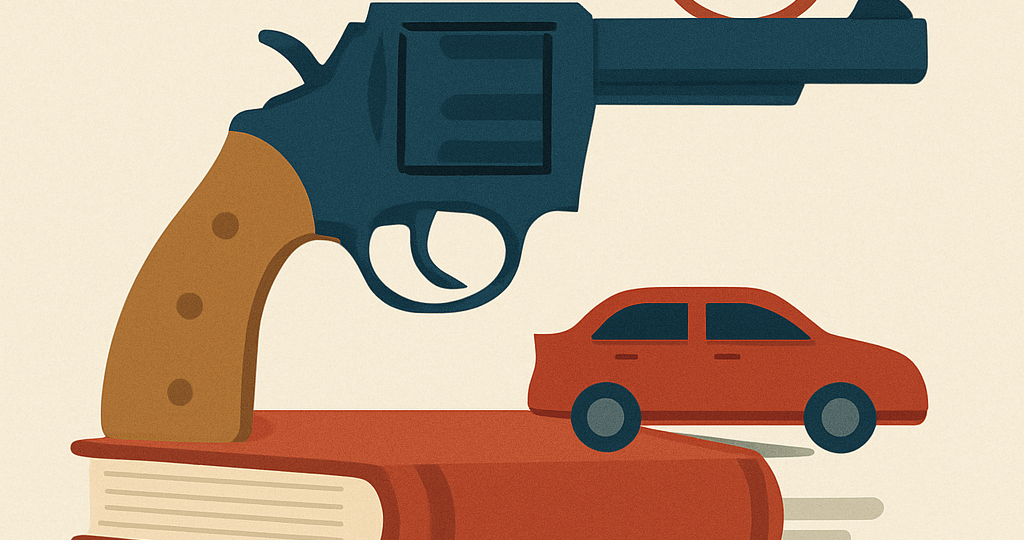
Imagine you’re watching a mystery movie. In the first scene, a character places a strange-looking statue on the mantle. It doesn’t seem important at the time, but halfway through the movie… bam! It turns out the statue holds the secret code. That, right there, is Chekhov’s Gun in action.
This storytelling principle comes from Anton Chekhov, the Russian playwright and short story writer. He once said, “If in the first act you have hung a pistol on the wall, then in the following one it should be fired.” In simple terms: don’t include anything in a story that isn’t going to matter later. Every element—no matter how small—should serve a purpose.
This idea helps stories stay tight and meaningful. It keeps readers from getting bogged down in unnecessary detail and teaches writers not to introduce things they don’t intend to follow up on. For example, if a novel mentions a locked drawer in chapter two, we’re mentally preparing for what might be inside. If that drawer is never opened, we’re left wondering why it was mentioned at all.
A good example of this is the first Harry Potter book. An invisibility cloak comes as an ordinary Christmas present, but it is very important to all the nightly adventures Harry does later on in the book. So next time you read a book or watch a movie, keep an eye out for “random” objects, lines, or characters—they might be Chekhov’s Guns just waiting to go off. Because in the world of good storytelling, nothing is truly accidental.
RELATED POSTS
View all

